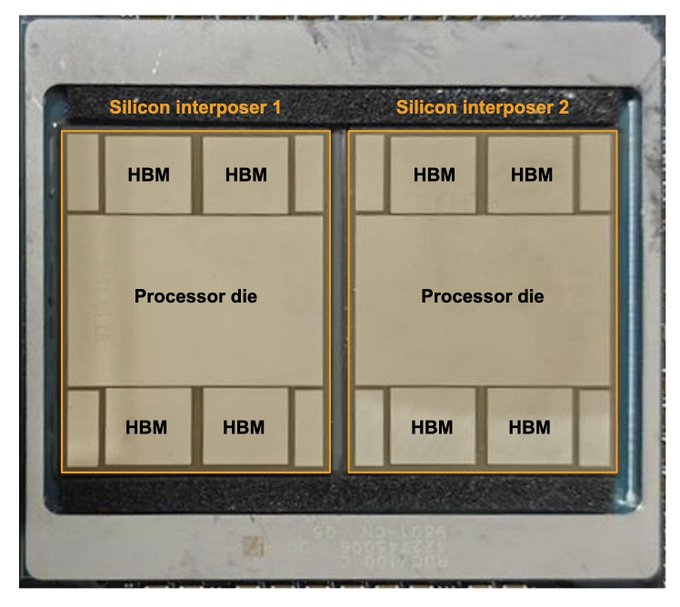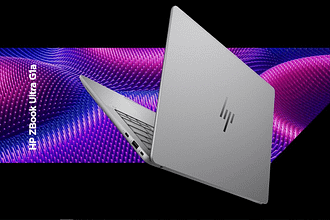Huawei’s next big AI accelerator, the Ascend 910C, is set to debut pretty soon, as the chip has entered production, and we are now aware of what to expect from it.
Huawei’s Ascend 910C Will Feature TSMC/SMIC 7nm Process; Firm Expected To Ship “Millions” of AI Chips
It won’t be wrong to say that the Chinese AI industry is witnessing a “technological” revolution, and with the advent of models like the R1 from DeepSeek, the domestic market has seen a massive rise in the need for more computing power. Out of all Chinese AI chip manufacturers, Huawei definitely stands out, and with the firm’s upcoming Ascend 910C chips, things are expected to get a lot more competitive. In an analysis by @ohlennart, specifics about the 910C chip have been revealed, and interestingly, it is safe to say that NVIDIA’s H100 has a real competitor in the Chinese market.
Huawei’s next AI accelerator—the Ascend 910C—is entering production. It’s China’s best AI chip.
Thanks to backdoor sourcing, we could easily see 1M H100-equiv this year.
Here’s what we know about its performance and strategic implications. Spoiler: selectively competitive. 1/ pic.twitter.com/hVmQ5iFca9— Lennart Heim (@ohlennart) March 11, 2025
Based on what the above post has compiled and our information, it is clear that the Ascend 910C won’t be as complex implementation as NVIDIA’s counterparts since Huawei is expected to use two separate silicon interposers, interconnecting them using an organic substrate, which is more of a traditional approach. It is basically 2x Ascend 910B chips connected, to get a higher combined performance. With that, it is claimed that the 910C will reach 800 TFLOP/s at FP16, with up to 3.2 TB/s memory bandwidth, which is almost on par with the H100.
Now, based on the onboard process, Huawei is said to utilize 7nm technology, which is also from both TSMC and SMIC. Huawei is said to have placed large 7nm orders with the Taiwan giant before the export restrictions were in place, so a large part of Ascend 910C production will account for orders at TSMC. However, China’s very own SMIC is also said to play a part, given that the firm has achieved success in 7nm, with monthly wafer output expected to be around 50,000, which will be ample enough if Huawei plans to ship “millions” of Ascend AI chips.
If you factor in China’s domestic AI computing achievements, the Ascend 910C is surely a big deal and a step in the right direction. But, considering the global dynamics, Huawei is still far behind, almost 10-20x in terms of computing power. However, firms like DeepSeek have shown that there are workarounds or compensation for not having ample computing power onboard, and given China’s talent, the upcoming AI race will be far more competitive.






